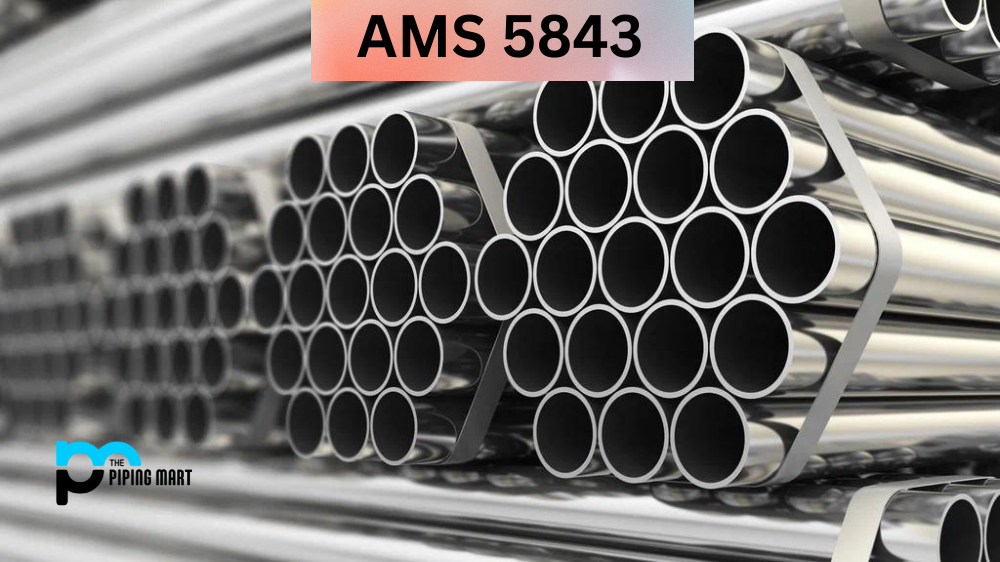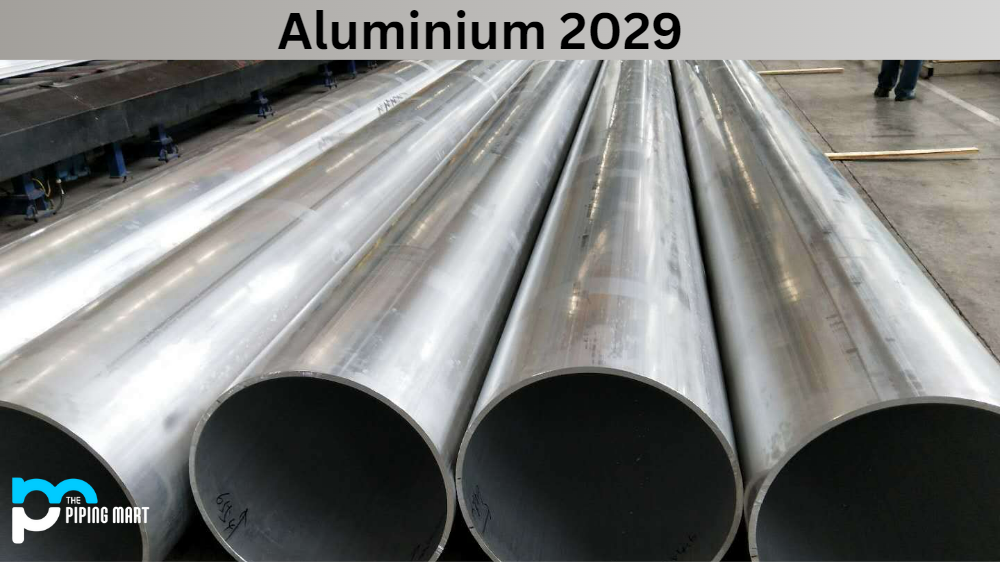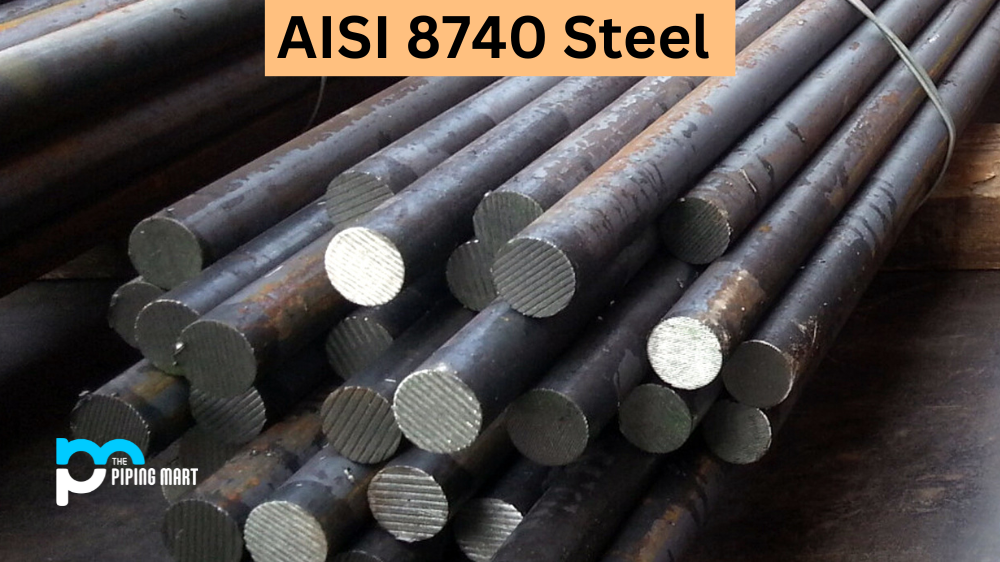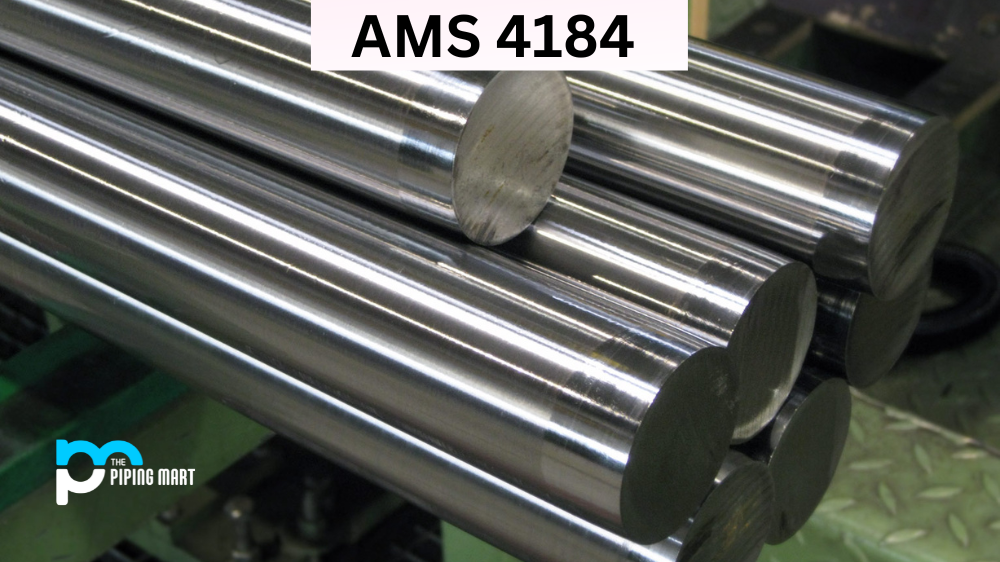AMS5843 is not a term that is commonly known to the general public. However, if you are involved in the aerospace industry, you know that AMS 5843 is an important material that must meet specific requirements for use in critical components of aircraft engines. This blog will explore AMS5843’s composition, physical and mechanical properties, and possible aerospace and aerospace applications.
What is AMS 5843?
AMS 5843 (also known as Nickel Alloy 159) is an American Society for Testing and Materials (ASTM) standard specification for cobalt-based alloy in bars, wire, forgings, flash welded rings and stock for surgical implants. It is used mainly as a wear-resistant part of a medical device due to its high resistance to corrosion and heat treatment. It also features excellent microstructure stability and biocompatibility, making it suitable for long-term anatomical implant applications.
AMS 5843 Composition
AMS 5843 is a type of martensitic stainless steel containing high nickel and chromium levels. Its composition is 15-17% of chromium, 4-6% of nickel, 2-3% of molybdenum, 0.75% of carbon, and 0.5% of manganese. This composition provides many desirable properties that make it suitable for harsh environments.
| Element | Content (%) |
|---|---|
| Cobalt, Co | 35.7 |
| Nickel, Ni | 25.5 |
| Chromium, Cr | 19 |
| Iron, Fe | 9 |
| Molybdenum, Mo | 7 |
| Titanium, Ti | 3 |
| Niobium, Nb | 0.6 |
| Aluminum, Al | 0.2 |
AMS 5843 Physical Properties
AMS 5843 has a specific gravity of 7.8, a density of 0.282 lb/in³, and a melting point of 2525-2590°F. It is a ferromagnetic material with good corrosion resistance in acidic and basic environments. In addition, its coefficient of thermal expansion is 6.3 µin/in-°F, which means it can resist thermal stress and maintain its shape and dimensions in changing temperatures.
| Properties | Metric | Imperial |
|---|---|---|
| Density | 8.33 g/cm³ | 0.301 lb/in³ |
| Melting point | 1427°C | 2600°F |
AMS 5843 Mechanical Properties
Regarding mechanical properties, AMS 5843 has exceptional strength, toughness, and hardness. Its ultimate tensile strength is 190 ksi, and its yield strength is 170 ksi. Its elongation is 8%, and its area reduction is 35%. Moreover, its Rockwell hardness is 38 HRC, which makes it highly resistant to wear and abrasion.
| Properties | Metric | Imperial |
|---|---|---|
| Tensile strength (annealed 1052°C) | 848 MPa | 123000 psi |
| Yield strength (at strain 0.200%, annealed 1052°C) | 400 MPa | 58000 psi |
| Elastic modulus (at 232°C/450°F, annealed) | 208 GPa | 30200 ksi |
| Shear modulus (at 232°C/450°F, annealed) | 75.8 GPa | 11000 ksi |
| Elongation at break (cold worked 48%) | 12% | 12% |
| Reduction of area | 46% | 46% |
AMS 5843 Equivalent
- AMS 5841
- AMS 5842
- AMS 5843
AMS 5843 Uses
AMS 5843 is used in various applications requiring high strength, toughness, and corrosion resistance. It is a popular material in aerospace, mainly used in turbine engine components such as compressor discs, shafts, and spacers. It is also used in power generation, chemical processing, and oil and gas industries, where harsh environmental conditions make other materials unsuitable.
AMS 5843 Hardness
A significant feature of AMS 5843 is its high hardness and ability to maintain it even at extreme temperatures. This is due to its martensitic structure, which can be achieved by heat treatment.
AMS 5843 Heat Treatment
The typical heat treatment process for AMS 5843 involves heating to around 1900°F and holding for an hour, followed by quenching in oil or air. After that, it is tempered at a temperature of 1100-1200°F. The result is a material that is extremely strong and hard, making it perfect for applications that require durability and wear resistance.
Conclusion
AMS 5843 material is a martensitic stainless steel primarily used in the aerospace industry for its high strength, toughness, and resistance to corrosion and abrasion. Its composition, physical and mechanical properties, and heat treatment process make it suitable for harsh environments where other materials would fail. You can appreciate its vital role in aviation and other industries by understanding what AMS 5843 is and what it can do,

A passionate metal industry expert and blogger. With over 5 years of experience in the field, Palak brings a wealth of knowledge and insight to her writing. Whether discussing the latest trends in the metal industry or sharing tips, she is dedicated to helping others succeed in the metal industry.




